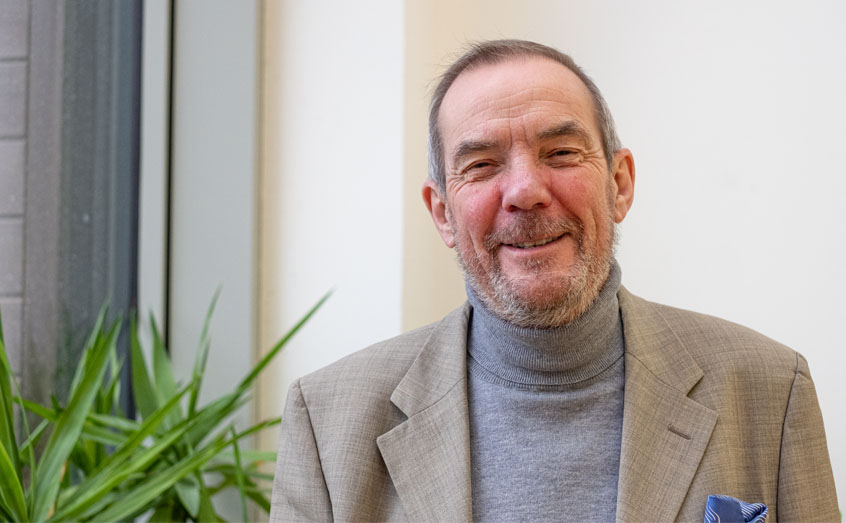SAMS news room
SAMS joins international ocean observation warning

On World Ocean Day [8th June] SAMS is part of a warning from the international oceanographic community that current global ocean observations are falling short of what’s required for tackling threats to planetary health and climate forecasts.
Members of the Partnership for Observation of the Global Ocean (POGO), a global consortium of nearly 60 oceanographic research institutions, have convened in Nice, the venue for this week’s UN Ocean Conference, to discuss the urgent need for sustainably-funded, globally-distributed and well-coordinated ocean observations.
Such observations are critical to achieving UN Sustainable Development Goal 14 and to measuring progress against the ambitions set out by the UNFCCC/ Paris Agreement, CBD/ Kunming-Montreal Global Biodiversity Framework, the new BBNJ Agreement, and other conventions and protocols being developed and implemented for the protection of our ocean.
A statement from POGO, issued yesterday [Saturday], entitled "No Data, No Action" says: “Without sustained ocean monitoring we cannot predict the pace or scale of future warming and assess the efficacy of emissions reductions or evaluate the feasibility of carbon removal methods. These data will be critical in designing effective and achievable Nationally Determined Contributions (NDCs) as well as informing National Adaptation Plans (NAPs) that protect and support communities, marine life, and infrastructure from the growing risk of climate change.”
The statement acknowledges that The UN Ocean Conference (UNOC) Declaration, set to be agreed in Nice, rightly draws attention to the full range of ocean pressures (climate change, biodiversity loss, marine pollution, eutrophication, deoxygenation, ocean acidification) and the legal instruments that are being deployed to address these.
However, it stresses that the success of these legal instruments hinges on scientists’ ability to track the state of the ocean and detect changes over time, adding that there is still very limited data and understanding, particularly for marine biodiversity, pollution and its impacts on ecosystems, and the effects of multiple stressors.
The POGO statement concludes: “Ocean observations are not optional. They are the backbone of evidence-based action on climate, biodiversity, disaster resilience, and ultimately sustainable development. The time to invest in these is now, so that no part of the global ocean, or the communities that depend on it, are left behind.”
SAMS Director Prof. Nick Owens, who was chairman of POGO from 2019 – 2023, added his support to the POGO statement, adding: “SAMS, as a long-standing member of POGO, fully endorses its latest declaration at the UNOC on the crucial importance of sustained observations of the marine environment.
“SAMS has a long legacy of leading sustained observations of both its immediate coastal environment, off the west coast of Scotland, and the physical climate of the North Atlantic Ocean. It is only through decades of careful study in these projects are we able to provide information on, for example, the effectiveness of the marine protected areas off Scotland and the potential consequences of climate change on north-eastern Europe.
“Such projects are the core of the value SAMS contributes to international policy and local marine management.”
View the full POGO statement here.
